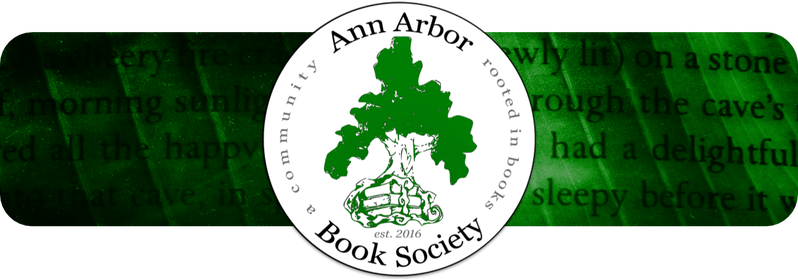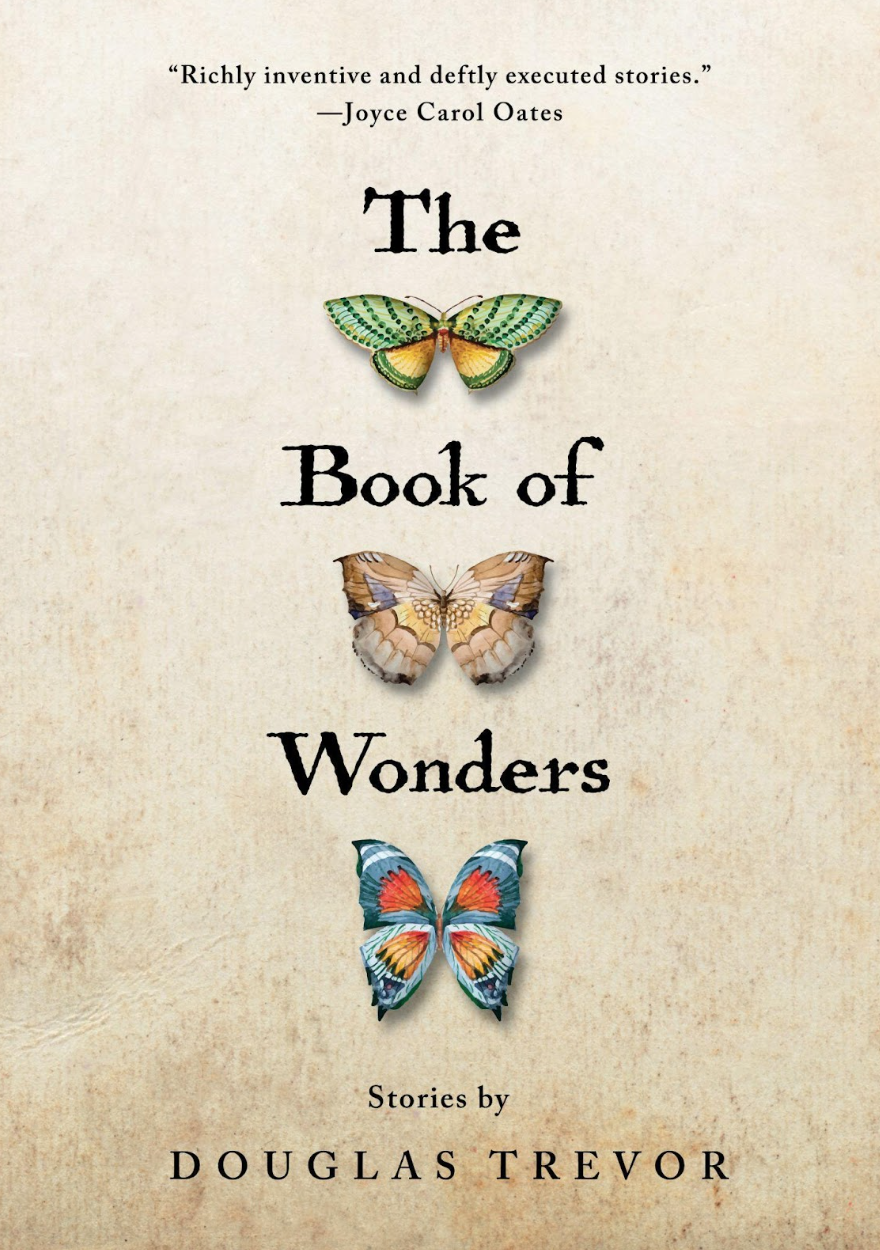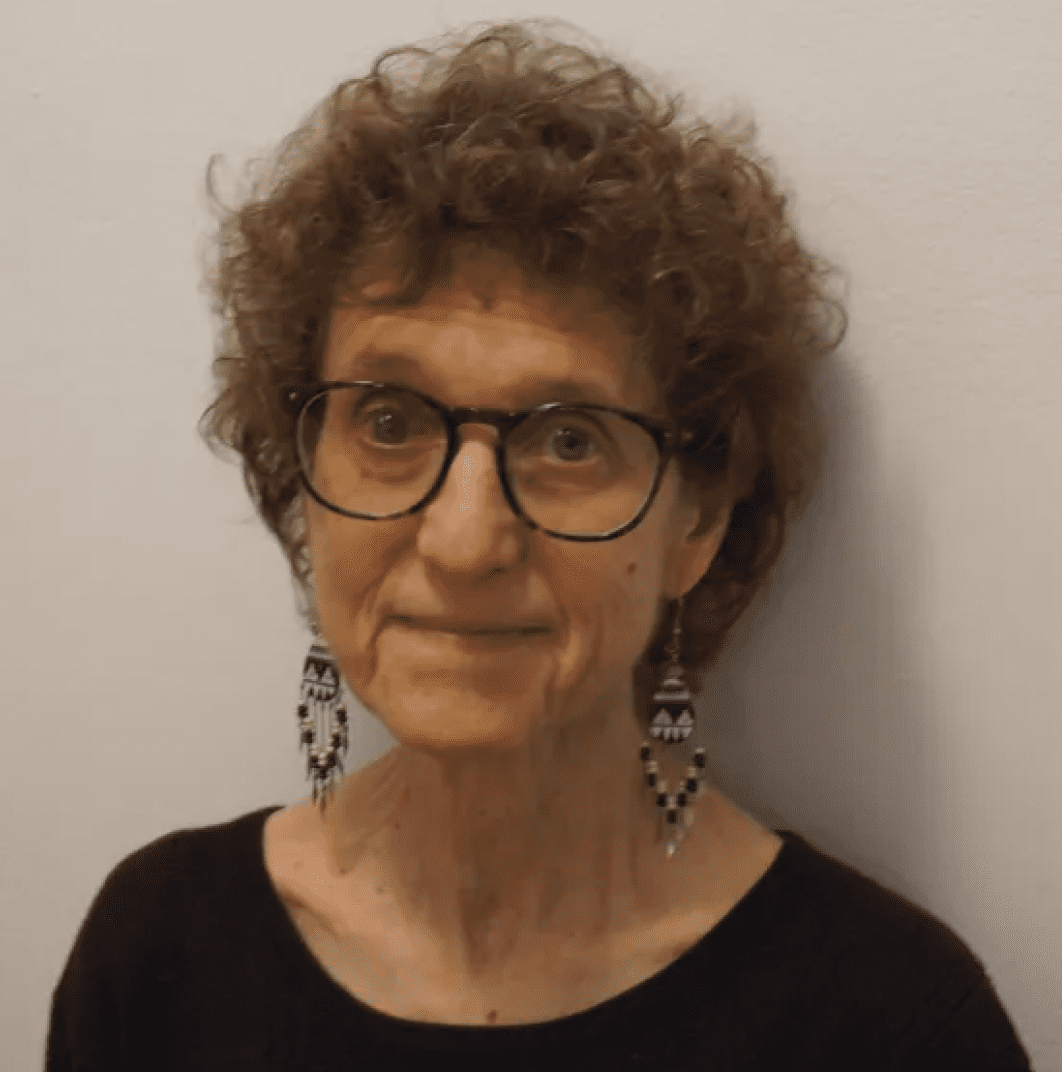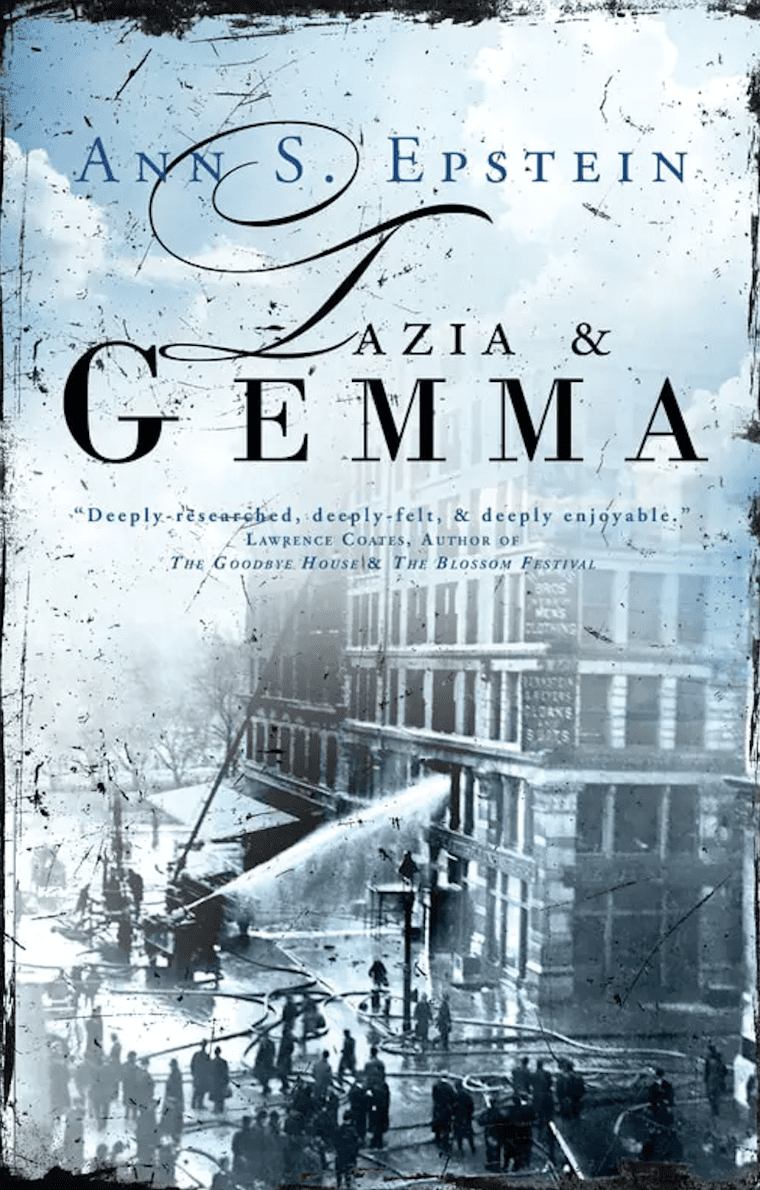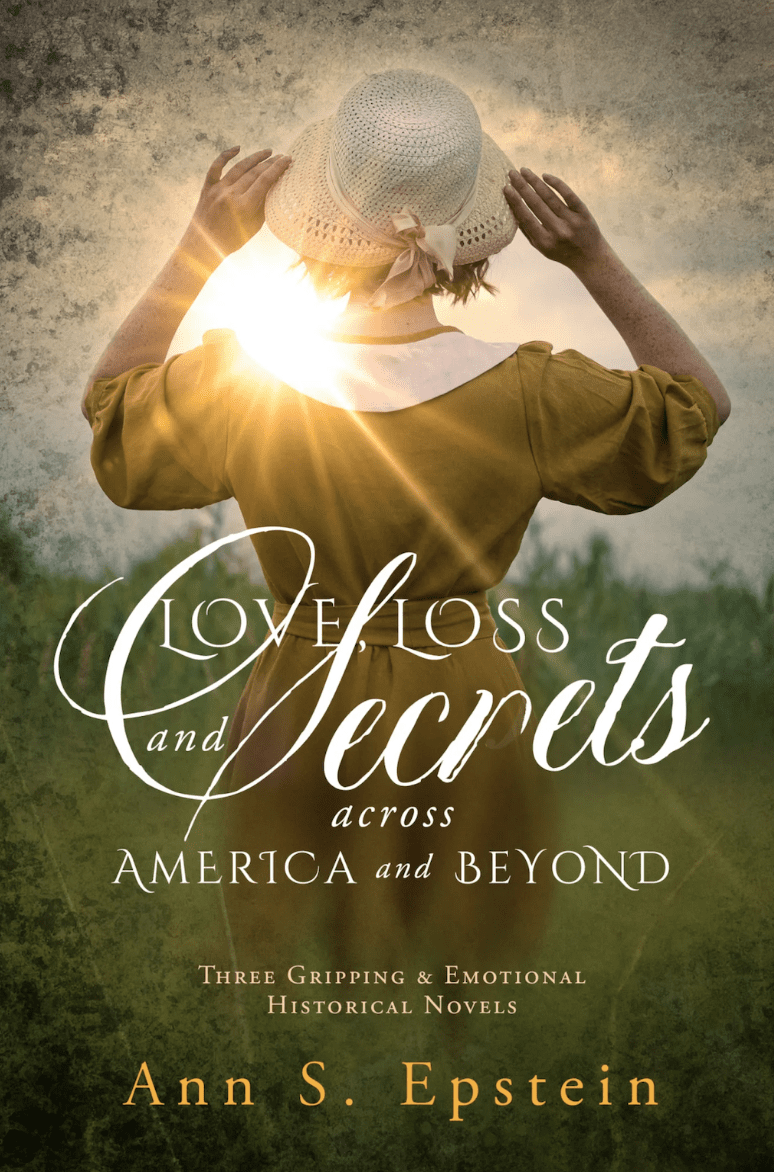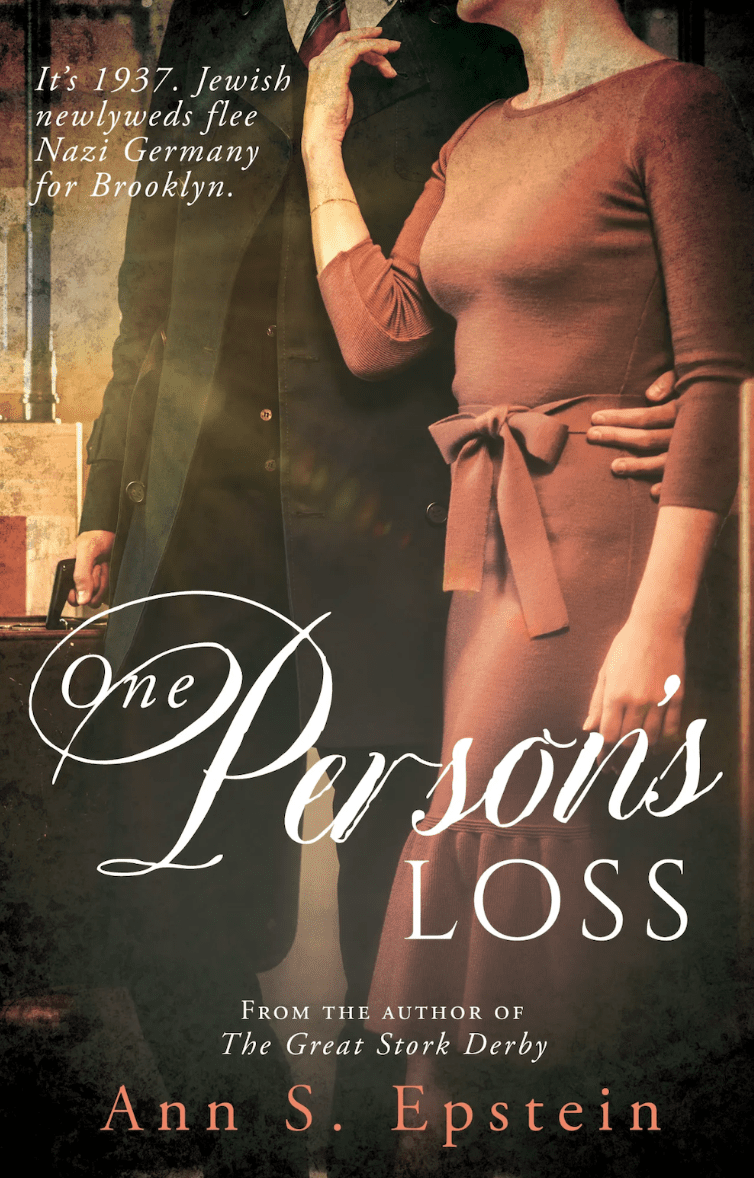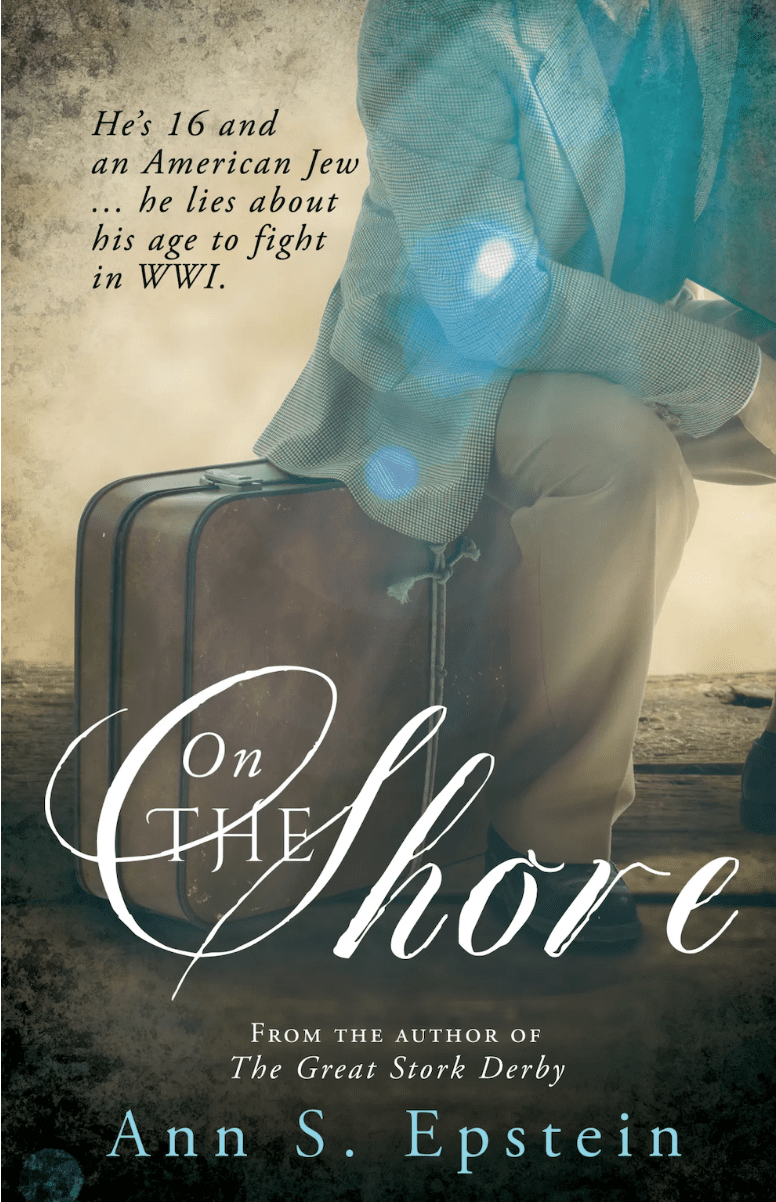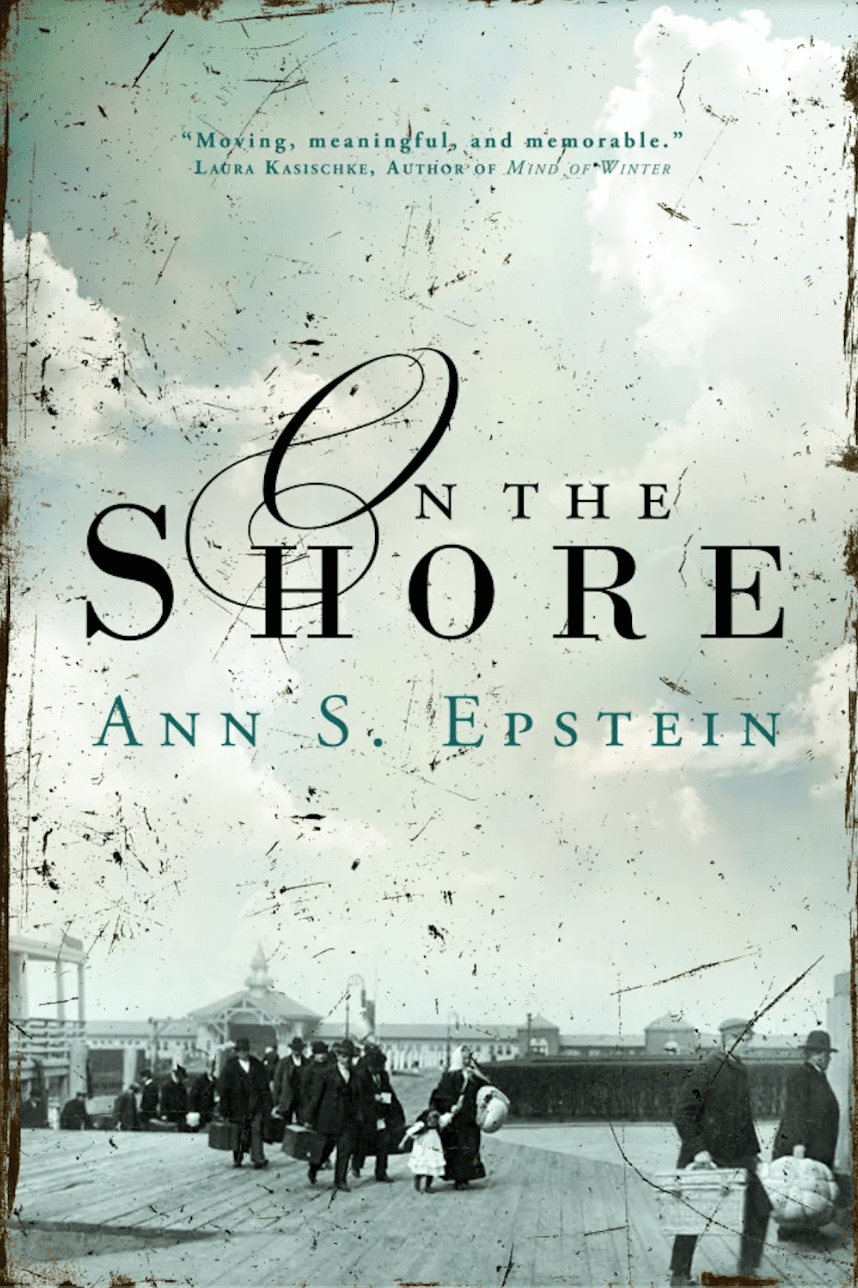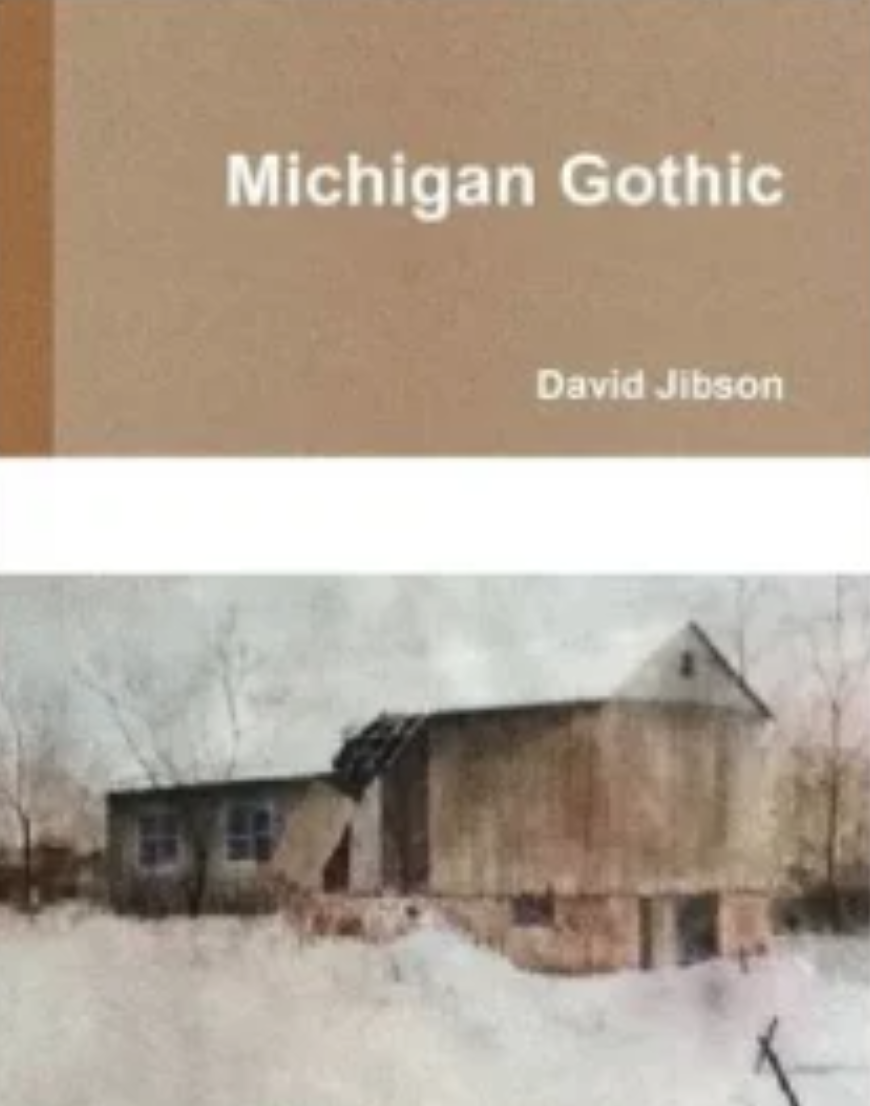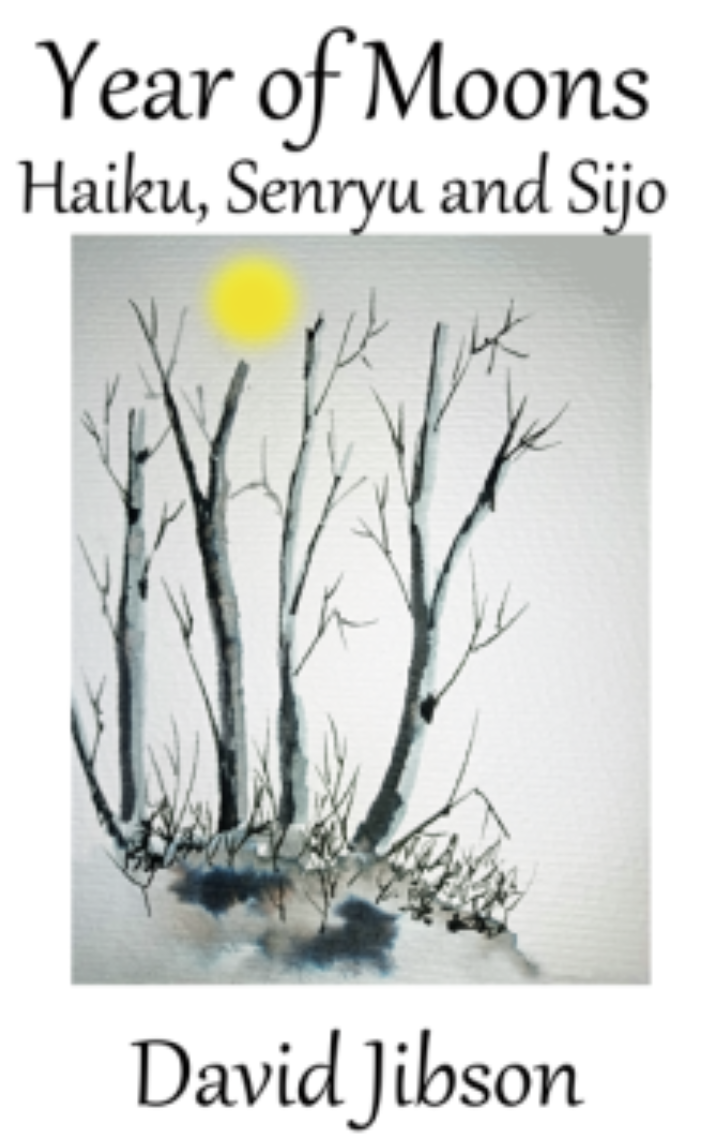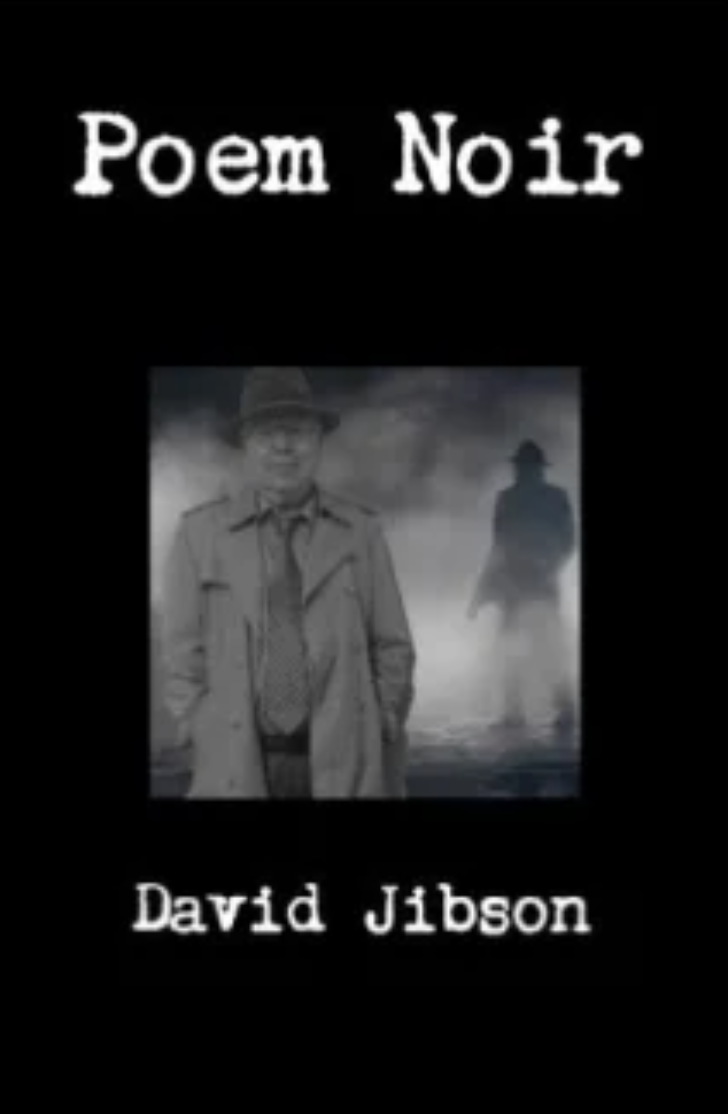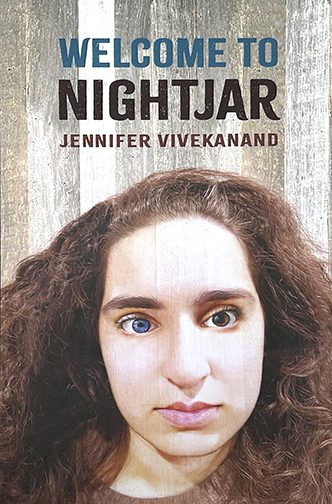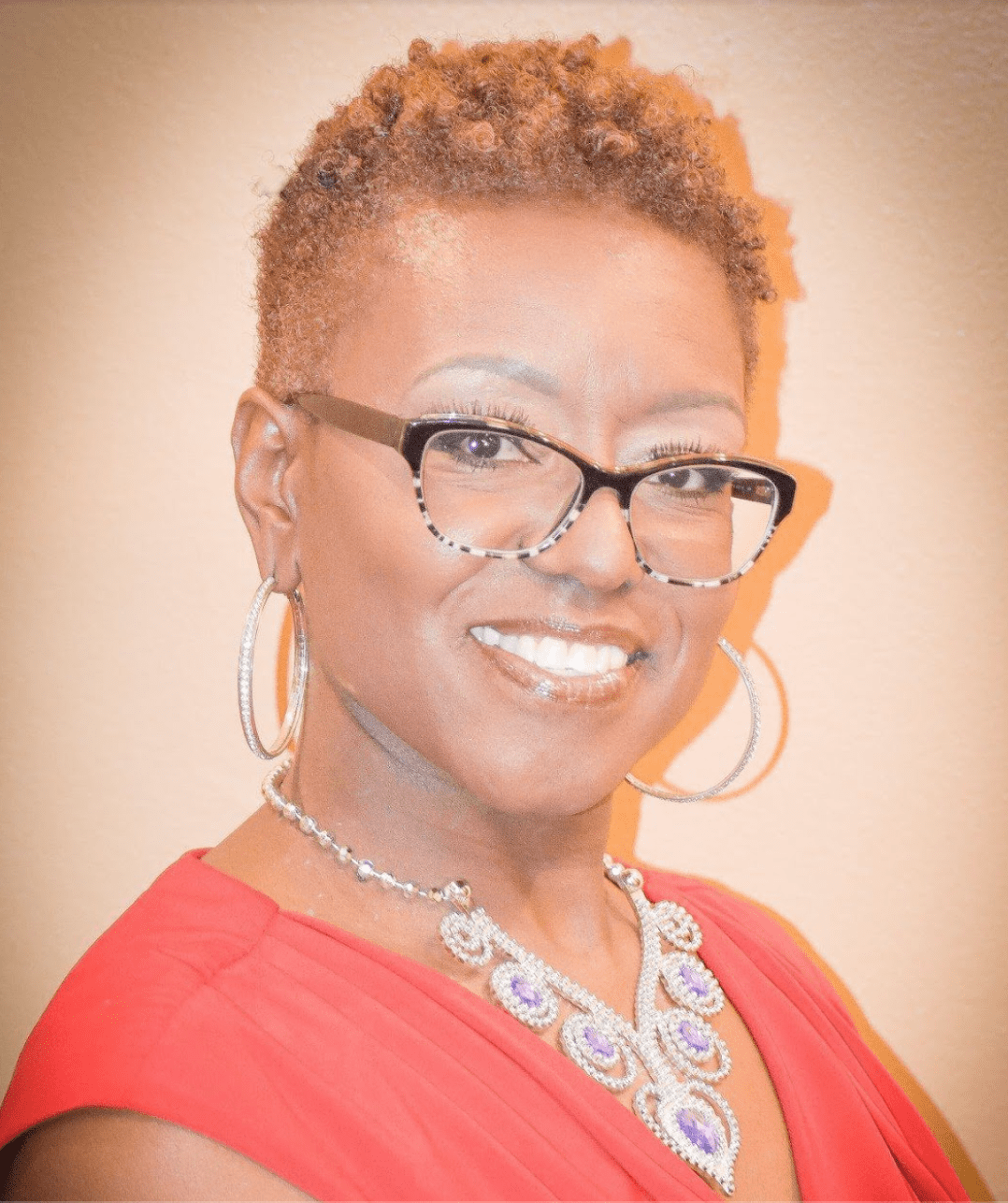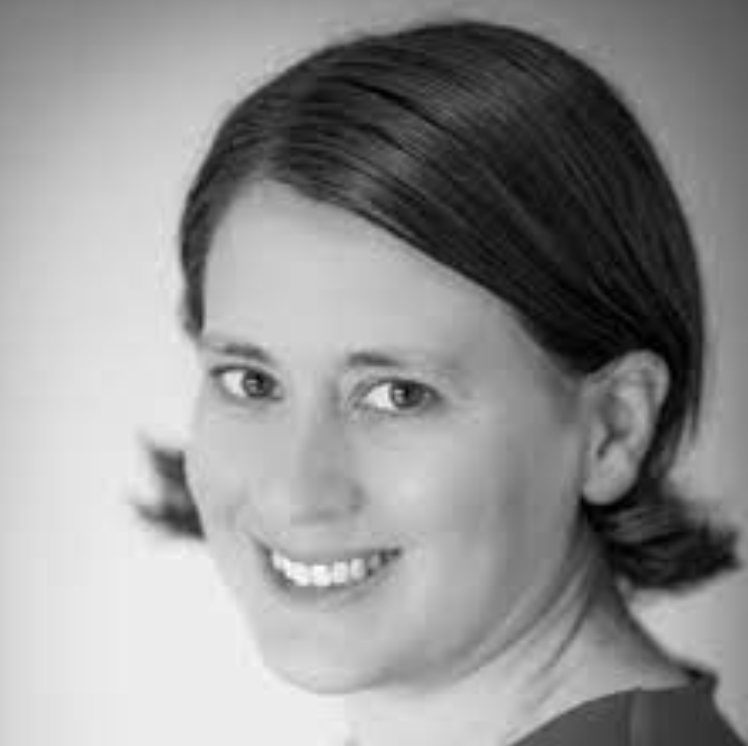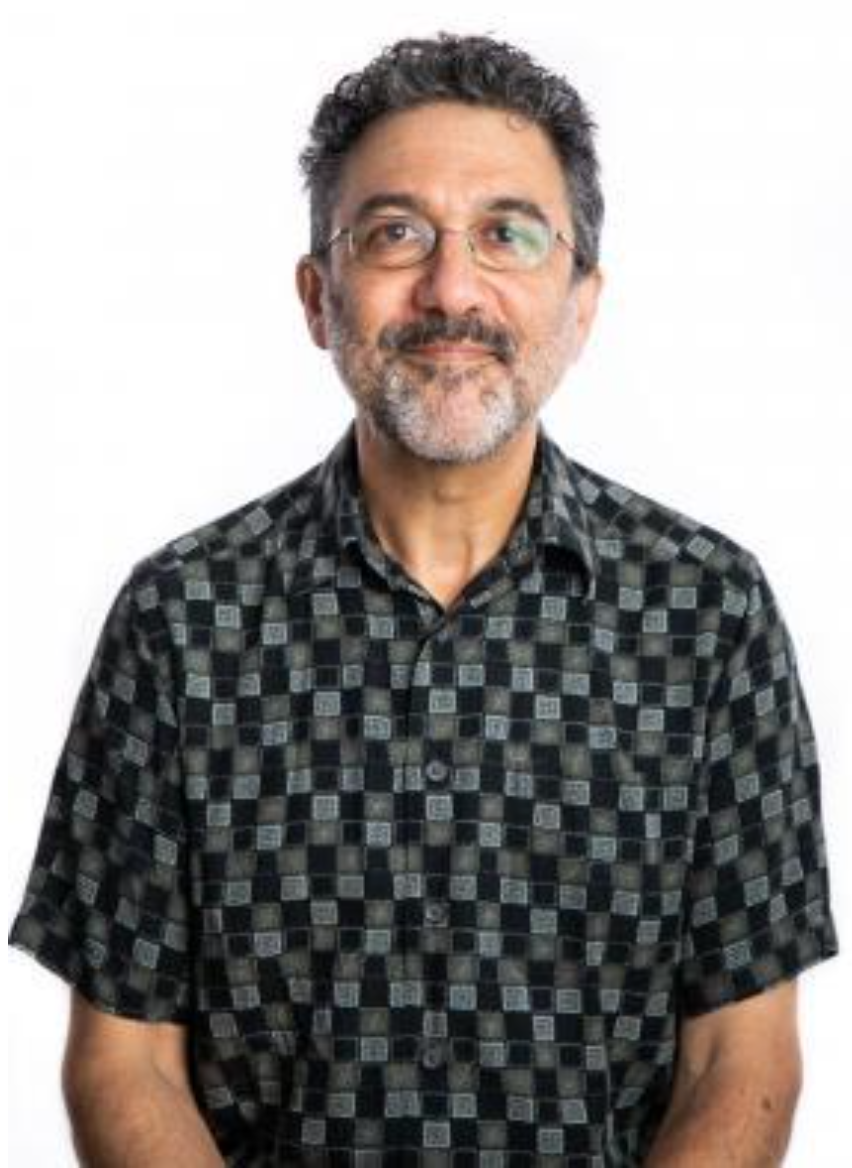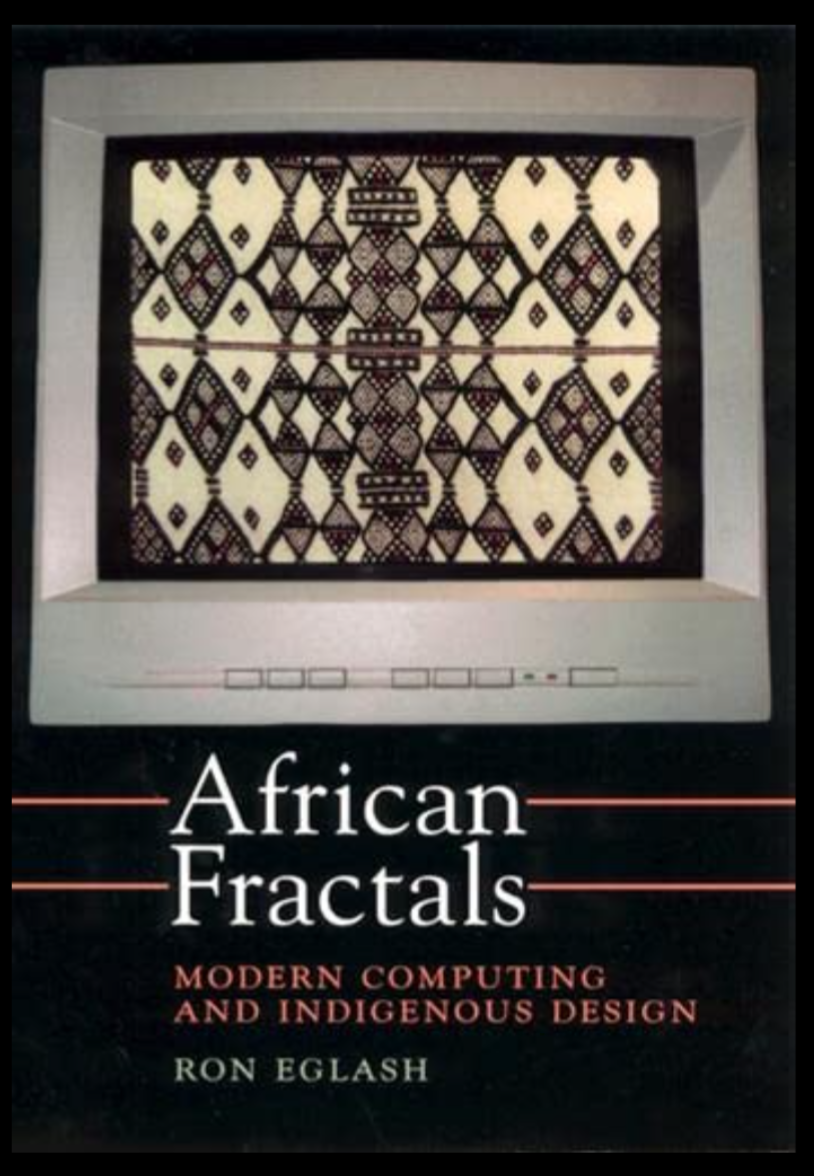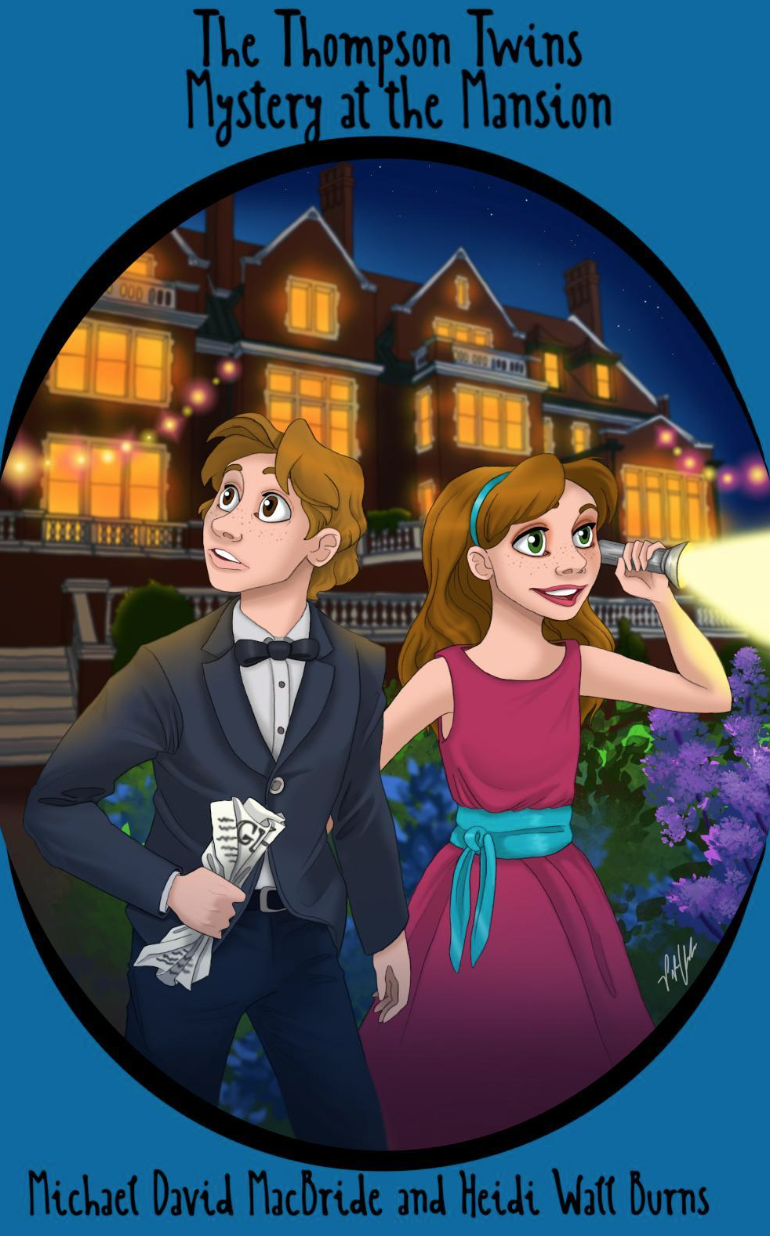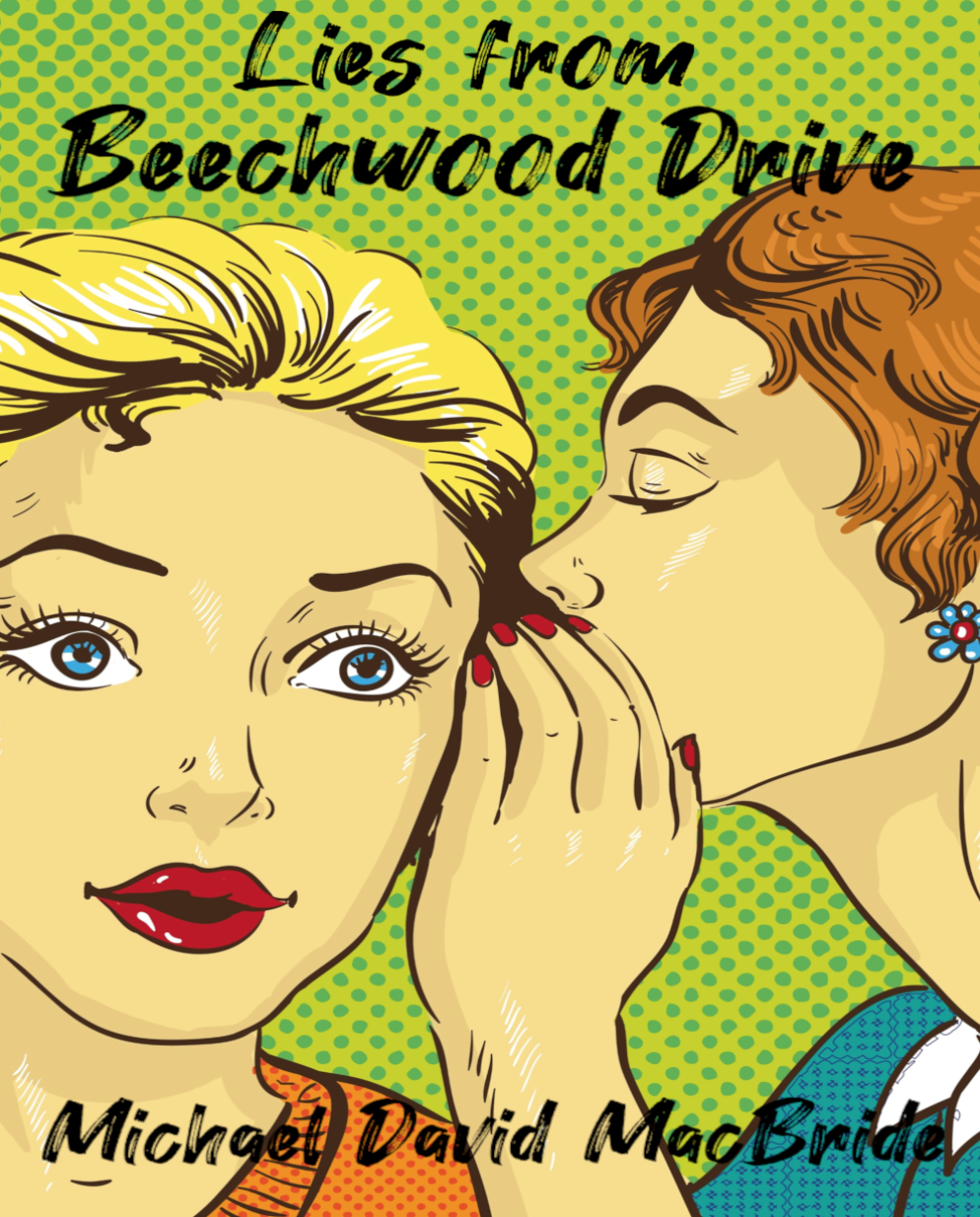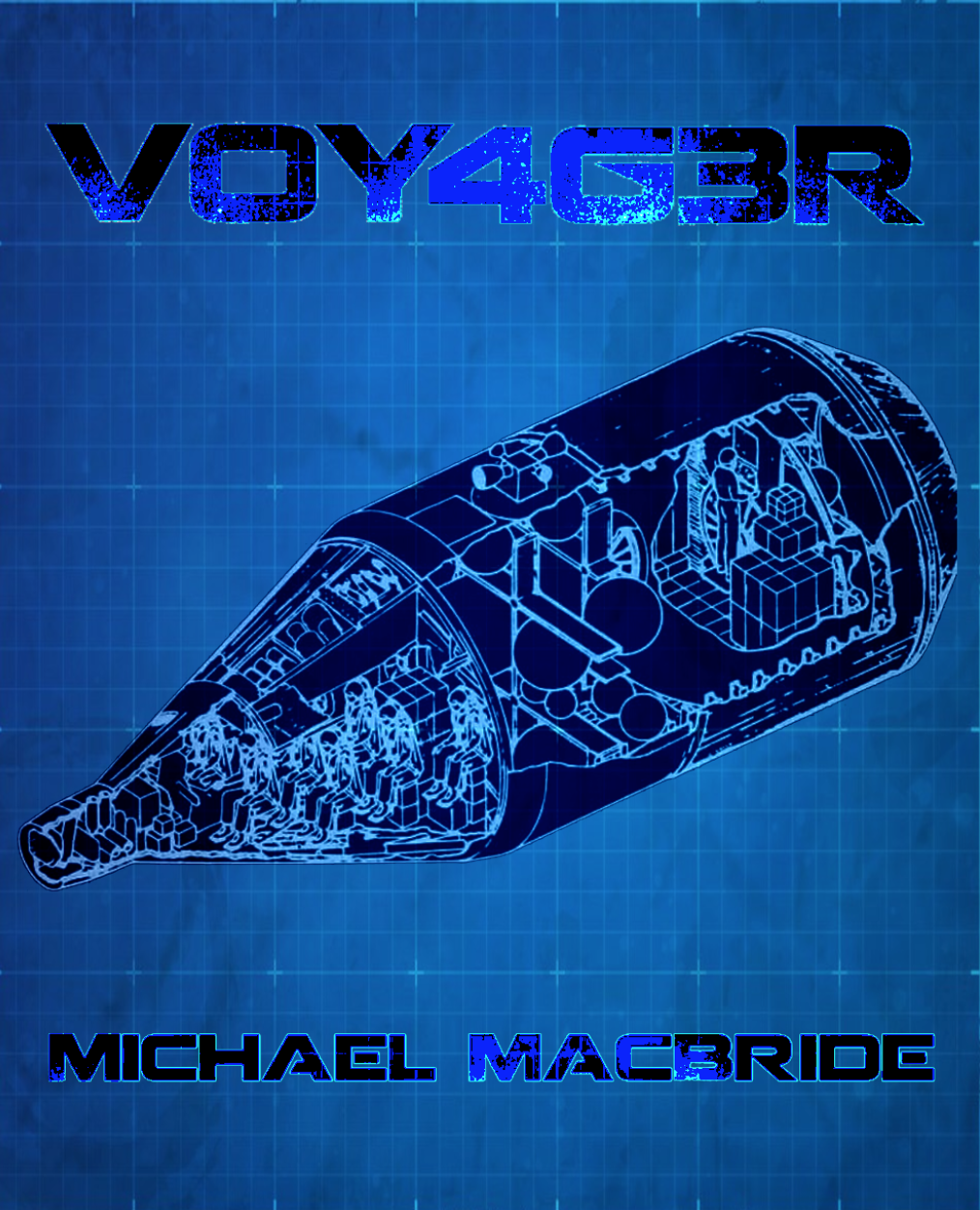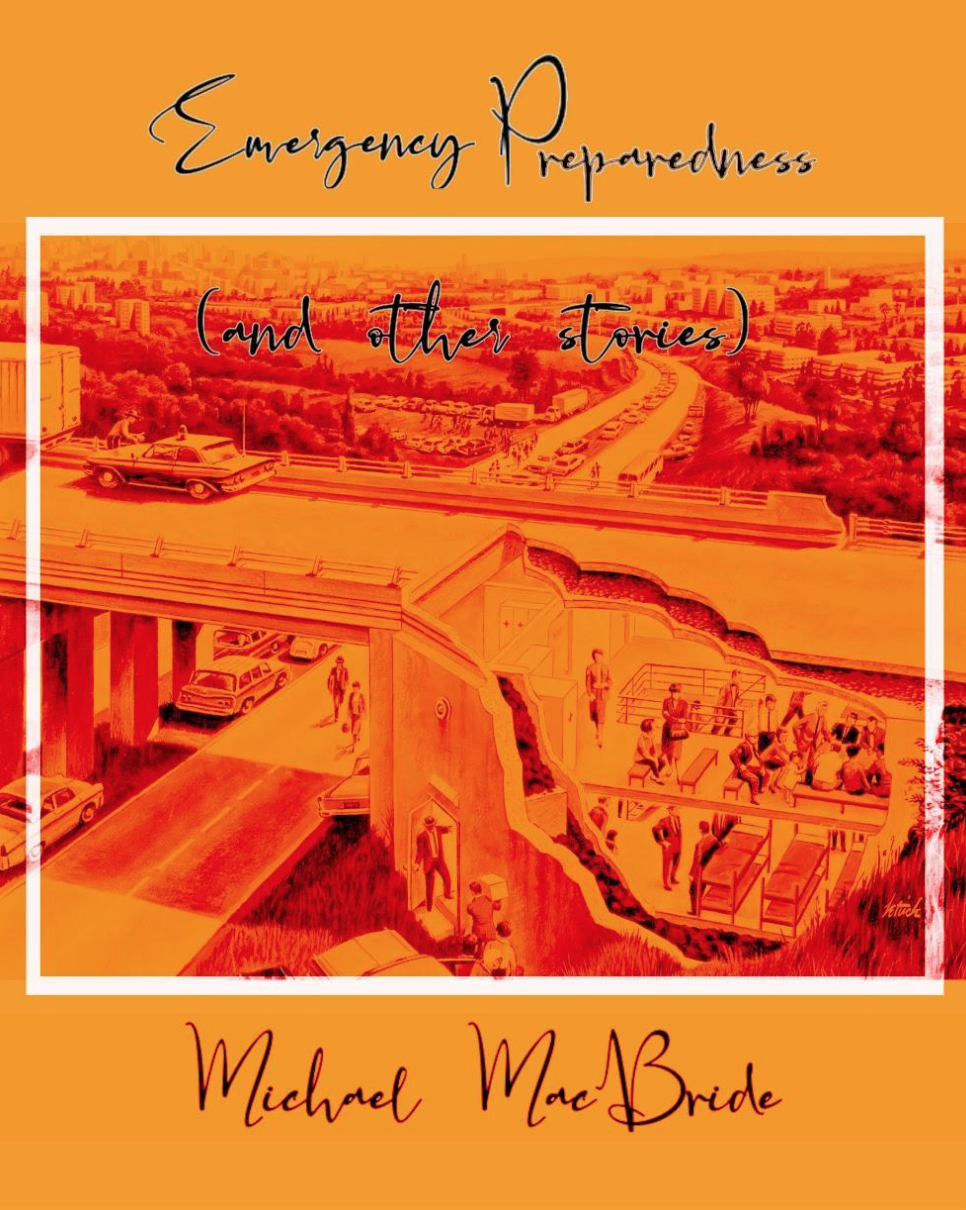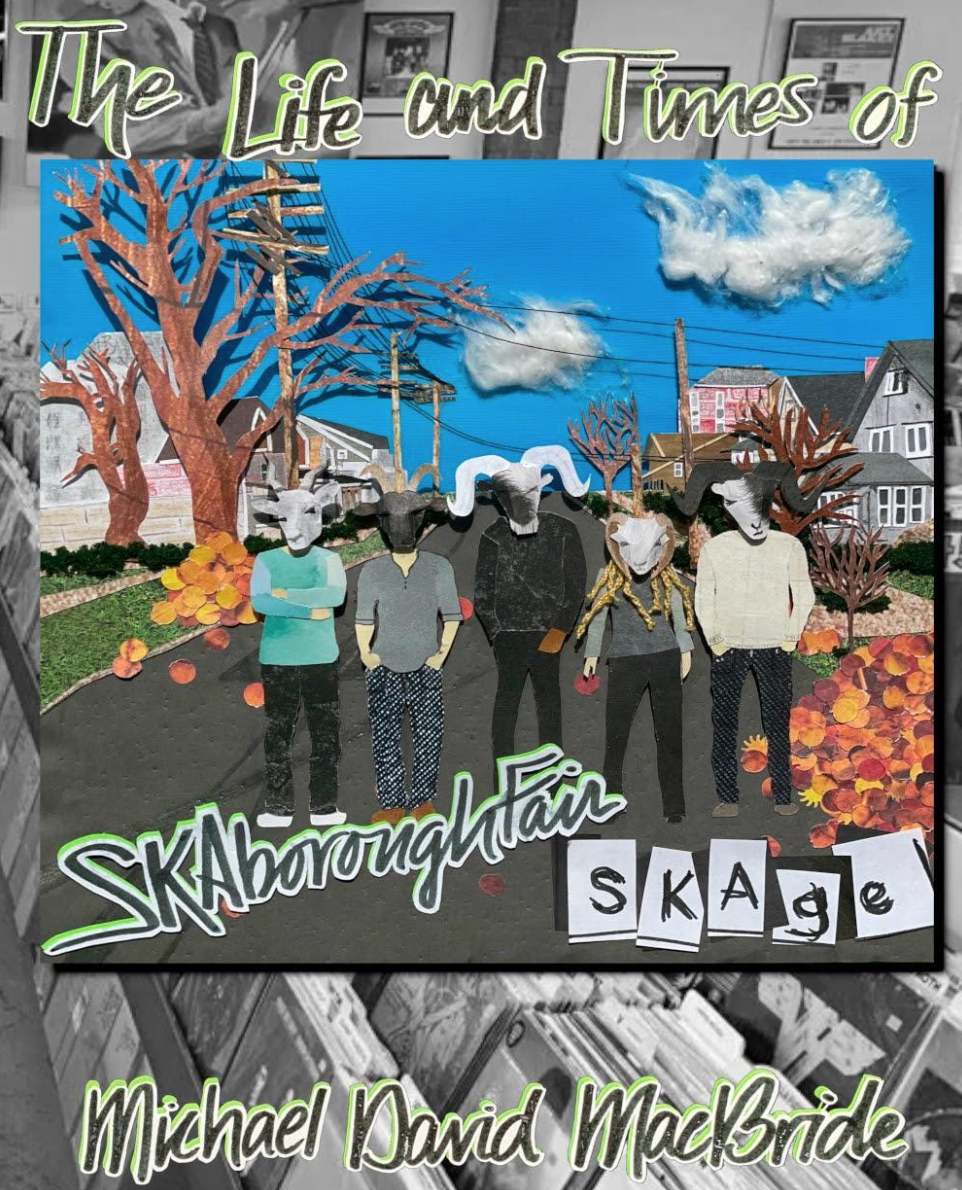| Author | Biography | Book Cover(s) |
|---|---|---|
Douglas Trevor | Douglas Trevor is the author of the short story collection The Book of Wonders (2017), the novel Girls I Know, which was the recipient of the 2013 Balcones Fiction Prize, and the short story collection The Thin Tear in the Fabric of Space, which won the 2005 Iowa Short Fiction Award and was a finalist for the 2006 Hemingway Foundation/PEN Award for first fiction. Doug's short fiction has appeared in Ploughshares Solos, The Iowa Review, The Notre Dame Review, The Minnesota Review, and New Letters. He has also had stories in The Paris Review, Glimmer Train, Epoch, Black Warrior Review, The New England Review, Michigan Quarterly Review, and more than a dozen other publications. His stories have been anthologized in— among other places-The O. Henry Prize Stories and The Best American Nonrequired Reading. He holds an undergraduate degree from Princeton, where he worked with Joyce Carol Oates and Toni Morrison, and a PhD in Renaissance Literature from Harvard. His next novel is set in Denver and focuses on a father's addiction issues, as well as other secrets uncovered by his estranged son. | |
Ann S. Epstein | Ann S. Epstein writes novels, short stories, memoir, craft essays, and book reviews. Her awards include a Pushcart Prize nomination for creative nonfiction, the Walter Sullivan prize in fiction, and an Editors’ Choice selection by Historical Novel Review. Her stories and nonfiction work appeared in over 30 publications. In addition to writing, she has a PhD in developmental psychology and MFA in fiber art. Why “asewovenwords.com” as a domain name? Weaving and writing have much in common. The texture and pattern of cloth are like the formal structure of a story. A fabric’s colors evoke emotion, as does a narrative’s tone. Both deal in images, concrete or abstract. Weaving the many layers of a complex twill is like creating characters with complexity and depth. Facing an empty loom or a blank page, the artist conjures something from nothing and releases it to the world. | |
David Jibson | Having grown up in rural Michigan, David Jibson now lives in Ann Arbor where he is the editor of Third Wednesday, an independent quarterly journal of literary and visual arts, a member of the Poetry Society of Michigan and a coordinator of The Crazy Wisdom Poetry Circle. He retired from a long career in Social Work, most recently with a Hospice agency. His poetry has been published in dozens of journals both in print and online. David holds BA degrees in Social Work and Interdisciplinary Communications from Western Michigan University and an MSW from Michigan State University. | |
Jennifer Vivekanand | When she’s not being defeated in board games by her family, Michigan-based author Jennifer Vivekanand likes to read, travel and make weird sandwiches. Jennifer has a B.F.A. from Kendall College of Art & Design in Grand Rapids, Michigan, including certificates of summer studies at the Royal College of Art in London, England, and the Academy of Fine Arts Pietro Vannucci, in Perugia, Italy. Most recently, she spent a productive month working on her second novel while eating girl dinners and old-school sauna-ing as a Writer- in-Residence at The Arteles Creative Center in Haukijärvi, Finland. For a fun Michigan facts FAQ and to watch the book trailer of her Debut YA Thriller, Welcome To Nightjar, visit her author website www.stuffbyjenn.com | |
Angela Verges | Author, comedian, and edutainer Angela Verges was born in Detroit, MI. One of her favorite books as a youth was, Are you there God, it's me Margaret, by Judy Blume. In fact, she liked it so much that she wrote a book report on it in 6th grade and again in 8th grade. Shhh, don't tell her teachers. Angie began writing in 5th grade when she received her first diary. She continued keeping a journal through high school and college. Angie is a graduate of Michigan State University and currently working in the field of recreation. Writing has always been her passion and any time she can sprinkle it with humor, she does. Angela has two adult sons who quite often fill her humor bucket with their antics. Her book Menopause Ain't No Joke started as a collection of blog posts, which have also accompanied her on stage in comedy sets. Her words continue to scream onto the pages of journals, the back of envelopes, napkins or anything handy. Angie likes to write books for children and blog about parenting experiences as she practices being a grown up. | |
Shanelle Boluyt | Shanelle Boluyt grew up in Dexter, MI. After spending her teenage years swearing she would get as far away from home as possible, she landed... one town over, in Chelsea, MI, where she now resides with her husband, child, and cat. Shanelle graduated from the Fiction Writing program at Columbia College Chicago and serves as the IT Director for the Chelsea Writers' Workshop. Her shorter works have been published in the Huron River Review and Hairtrigger. Her debut novel, Intersections, was published in 2019. | 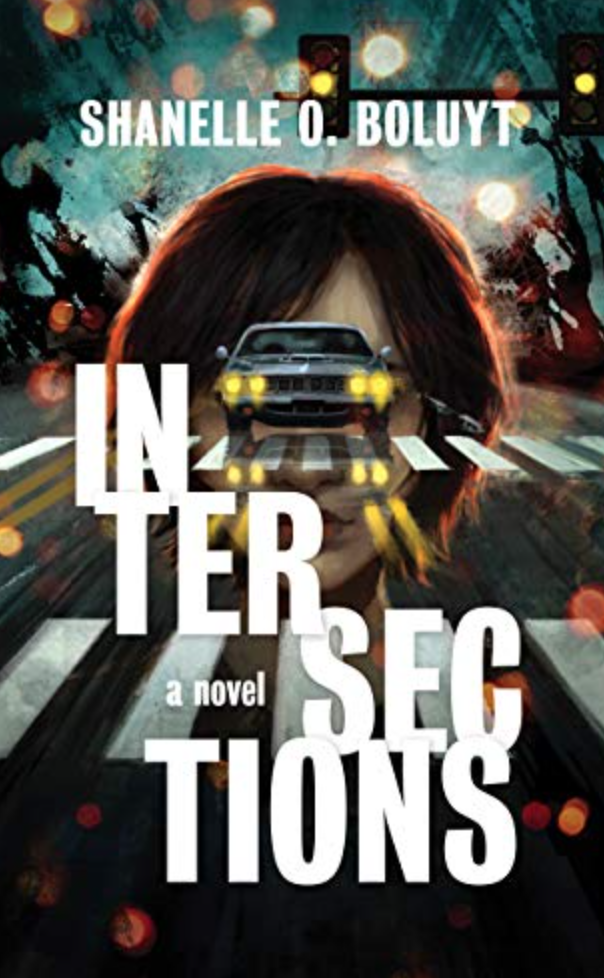 |
Ron Eglash | Ron Eglash grew up in California during the 1960s, where a mix of bohemian scientists and social activism inspired his undergraduate studies in cybernetics. Following a masters in systems engineering, he briefly worked in the silicon valley’s chip manufacturing industry, and then returned for a doctorate in the History of Consciousness program at UCSC. Encouraged by his advisor Donna Haraway to “stay in touch with your inner scientist”, Eglash began an investigation of fractal patterns in aerial photos of African villages. A postdoctoral Fulbright in West and Central Africa allowed him a year to conduct ethnographic research, where he documented how indigenous concepts of recursion created fractal patterns throughout African design practices. His book African Fractals: Modern Computing and Indigenous Design became a TED talk with over 1.5 million views; a simulation used in math and computing education; and a broad influence in black studies. Fractals inspired by Eglash’s work now appear in black literature such as Nnedi Okorafor’s Binti; in AfroFuturist arts, and even in contemporary African architecture. His most recent work, “Generative Justice,” develops an alternative economic theory. “Both the political right and political left” Eglash explains “are focused on value extraction: socialism to the state and capitalism to corporations.” His alternative model would keep value in unalienated forms at the grassroots, and circulate it rather than extract it--a process he maintains is already happening with the rise of makerspaces, urban agriculture and the “artisanal economy”. His work in this area examines how digital fabrication, AI and other innovations can be used to nurture and sustain generative justice. | |
Michael MacBride | Originally from Saline, Michael MacBride now calls Minnesota home but continues to write books set in and around Ann Arbor. Michael received his PhD in 19th century American and 18th century British Literature, and taught for a while, but has also held a number of odd jobs. He has delivered newspapers, worked for UPS, delivered pizzas, done collections at a bank, was a roadie for a country band, was a grant-writer and founder-researcher for non-profits, taught English, Literature, and Humanities courses at universities and colleges in Minnesota, New Hampshire, Ohio, and Illinois, and held a few other jobs in between. Regardless of what he was doing and when, the two consistent things in his life have been: writing and his intense curiosity. Michael has written academic books about pedagogy and cultural studies, non-fiction about LGBTIA+ history, contemporary "book club" fiction, speculative/science fiction, and a series of mid-grade interactive detective books. | |
| Author | Biography | Book Cover(s) |
